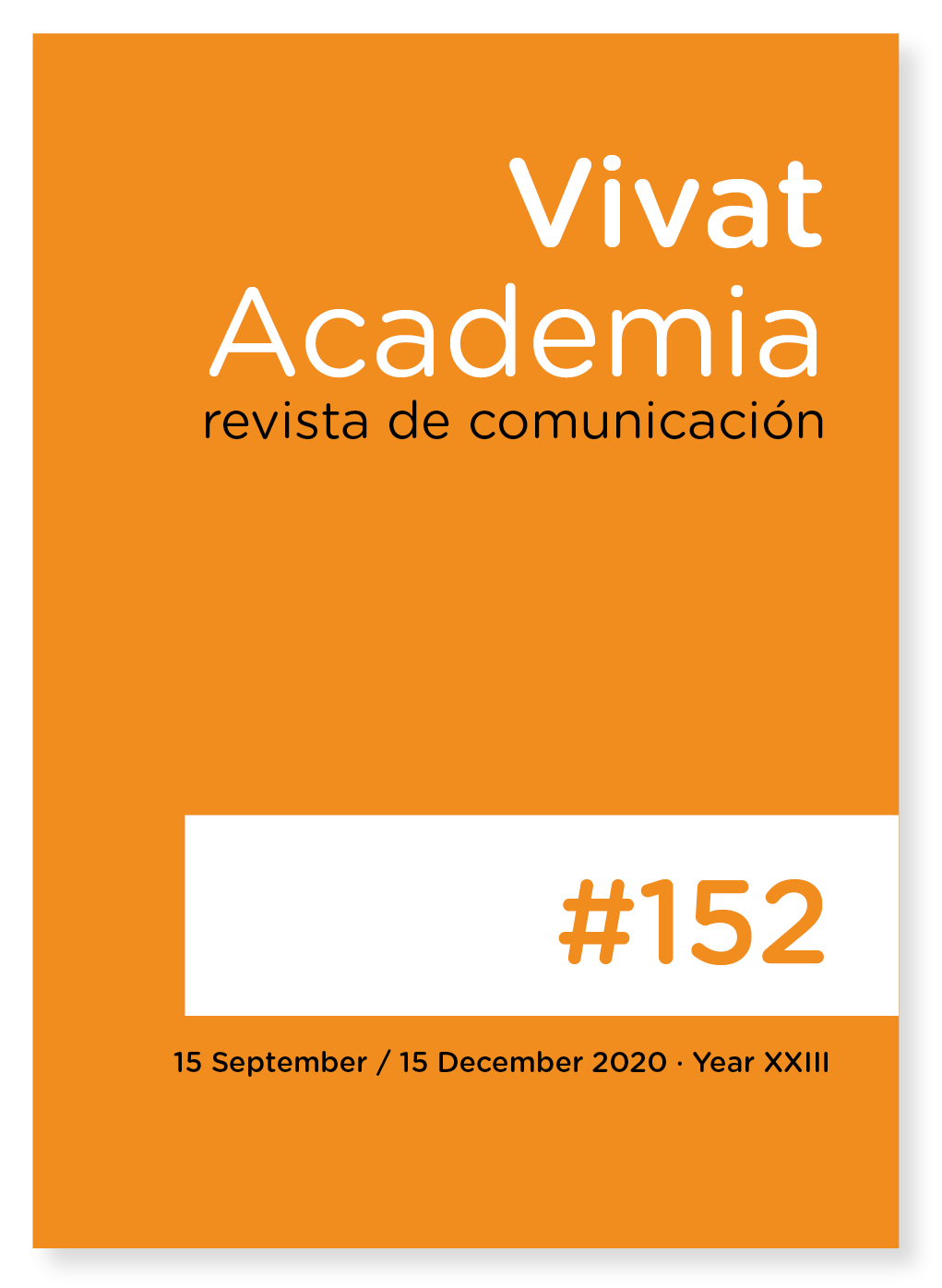Español Mexican youth are facing a new recessionary trend in democracy
Main Article Content
Abstract
This research paper focuses on analyzing the recessionary trend of democracy in young Mexicans; it is assumed that, when economic activity recedes, not only a perception of economic but democratic stagnation is generated in society that is expressed in the levels of abstinence of young people to participate in the democratic life of their country. This study seeks to determine, through a representative sample of 400 young people surveyed, corresponding to 12 thousand 884 18-23-year-old voters from the population capital, belonging to the 12th electoral district in Mexico, whether they show a recessionary trend of their political participation. The relevance of the research is that the City of Puebla, capital of the State of Puebla located in the center of the Mexican Republic, is one of the cities with the highest concentration of higher education institutions - public and private - of Mexico, by 2020, according to the Federal Ministry of Public Education, in Puebla operate 343 universities, placing the entity as the second at the national level with more institutions of this level of education (SEP, 2020). In addition to the above, the poblana entity receives students from different federative entities of the country, so it is possible to affirm that the results presented here are representative of the observable behaviors in the Mexican youth versus democracy as a way of life.
Downloads
Article Details
The main author must deliver the letter of transfer of copyright, according to the model provided by Vivat Academia, Revista de comunicación, which declares the transfer of copyright to the journal and make explicit the rights of authors regarding the dissemination and use of the manuscript once published.
Creative Commons Attribution/Non Commercial 4.0 International
References
Cuna, E. (2012). Apoyo a la democracia en jóvenes estudiantes de la ciudad de México. Estudio sobre el desencanto ciudadano juvenil con las instituciones de la democracia mexicana. Revista POLIS, vol. 8, núm. 2, pp. 107-151 Recuperado de http://www.scielo.org.mx/pdf/polis/v8n2/v8n2a5.pdf
García, S. & Lukes, S. (comps.) 1999. Ciudadanía: justicia social, identidad y participación, Madrid, Siglo XXI.
Horbath, J. Gracia, M. (2013) La Participación Ciudadana de los Jóvenes Mexicanos en la Construcción Social y Democrática del País al Inicio del Siglo XXI. Revista de Relaciones Internacionales, Estrategia y Seguridad. rev.relac.int.estrateg.segur. 8 (1):137-160,2013 Recuperado de https://www.redalyc.org/html/927/92729194007/ DOI: https://doi.org/10.18359/ries.2153
Instituto Nacional de Estadística y Geografía. (2015). Población. Recuperado de https://www.inegi.org.mx/temas/estructura/
Latinobarómetro Opinión Pública Latinoamericana. (2018). Directora Lagos. M. Recuperado de http://www.latinobarometro.org/lat.jsp
Martínez, J. (2013). Juventud y política: fortalecimiento de una democracia incluyente. Revista espacios públicos, núm. 38, septiembre-diciembre, pp. 9-21. Recuperado de https://www.redalyc.org/pdf/676/67629717002.pdf
O’Donnell, G., Lazetta, O. y Vargas, J. (2003) Democracia, desarrollo humano y ciudadanía, Argentina, Politeia.
Pérez, K., Mendieta, A. y Coutiño, F. (2018). América Latina: Ciudadanía, Democracia y Comunicación Política. Hernández, M. (compiladora) El Realismo Mágico de la Comunicación Política. Buenos Aires, Argentina. Ed. EPYCA EDITORIAL. ISBN: 978-987-42-6816-7
Primera Encuesta Nacional de Opinión Ciudadana. (Marzo, 2017) México: Política, Sociedad y Cambio. Grupo de Economistas y Asociados GEA e Indagaciones y Soluciones Avanzadas, S.C. ISA. Recuperado de http://www.isa.org.mx/contenido/GIMX1703p.pdf
Sanguinetty, J. (s.f) Interacción entre Democracia y Economía. Recuperado de http://www.democraciaparticipativa.net/documentos/democr_econom.pdf
Torres, R. (2001, 24-25 septiembre). Participación Ciudadana y Educación. Una mirada amplia y 20 experiencias en América Latina [ponencia]. Segunda Reunión de Ministros de Educación del Consejo Interamericano para el Desarrollo Integral –CIDI Punta del Este, Uruguay. http://edu.jalisco.gob.mx/cepse/sites/edu.jalisco.gob.mx.cepse/files/participacionciudadana.pdf
Yamane, T. (1967). Statistics: an introductory analysis, New York: Harper and Row, USA.





